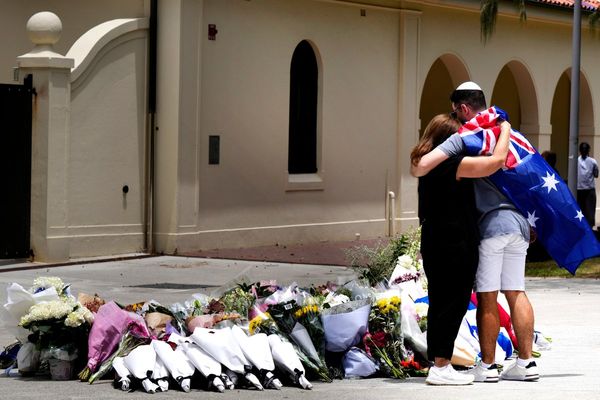
The coffee bean is not exactly glamorous. Yet the source of refreshment for the age of Steele and Addison, as well as for the brasher, more urgent civilisation of today, must obviously have some compulsive social charm. For the coffee bar world that it brought into existence after the war has recently sprouted a further extension – the coffee dance club.
In the last three years several of these clubs have opened in the centre of Manchester. Except for alcohol, they provide all the requisite ingredients for an instant party, have memberships ranging between 350 and 16,500, and are apparently here to stay.
They contain an almost metropolitan mixture of artist, Continental girls who could be students, but may just be au pair, and young manual workers having a fairly inexpensive night on the town. These clubs are said to be for teenagers, but a manageress explained that nobody over 20 is turned away. At one with a particularly strong Continental element the manager said the men averaged 23. And the girls? “You just can’t tell with the girls.”
The main income of the clubs is from subscriptions, which vary from half a crown to ten shillings annually. But members usually pay another half crown or so at the door. “We’re selling space for dancing really,” said Mr Roy Williams, who manages a couple of them. At some an employee plays the records, at others there is just a juke box. But most of the clubs have twist or jazz groups, the Beatles for instance, or Bee Bumble and the Stingers, playing on some nights.
The actual coffee becomes almost irrelevant. Not all of the clubs even have espresso machines, and one of the smallest reckoned it could survive a week on an outlay of merely six pounds of coffee.
Most of the clubs are in basements, curious elongated rooms which begin to get crowded when 50 members turn up. The decoration varies between rather garish stucco and ambitious murals. Often art students are invited to help and are repaid with free membership for a year.
The clubs make warm, classless havens in which one may defy any climatic or emotional bleakness there may be outside. For even in supposedly progressive Manchester there are still too few other places where a foreigner, of whatever nationality, can feel immediately at home, or Oxford graduates twist naturally with computer girls, or Ghanaians find that the colour of their skin is immaterial. Trouble is more often caused by drunken teddy boys turned away at the door than by any foreigners. “In England you don’t expect there to be any fightings,” said a Persian doing civil engineering.

Mr Roy Williams, a youth leader turned club manager, says that the secret of success is to provide the right atmosphere, the right music, and to get the girls along. “After that, you play it by ear,” he adds. But he thinks the local market may be nearly saturated. Some clubs have been reduced to the status of drinking clubs, or ordinary coffee bars, and there are signs of keener competition. One club gives away a free pair of nylons to every girl who comes on a Saturday night; another offers a prize of £35 or a weekend trip to Paris to the winner of a Madison contest.
New club launched
But Mr George Yacob, a 23-year-old Persian who was formerly a student at Stretford Technical College, is an optimist. After some difficulty he found a suitable basement and launched a new club just over a month ago. It cost him £4,000, which he expects to recoup within a year. The weekday hours of his club, from 7 30 pm to midnight, are typical, though not all the others are as willing as he to crack the barrier between Saturday night and Sunday morning by staying open until 6 am.
Every now and again the ignorant or aged murmur about “coffee bar vice,” but at least as far as the dance clubs are concerned, it would seem to be the product of their own imagination. The chairman of the city education committee, Councillor Frank Hatton, disagrees with them. “I think they’ve provided an outlet for the interests and vitality of young people,” he says.







